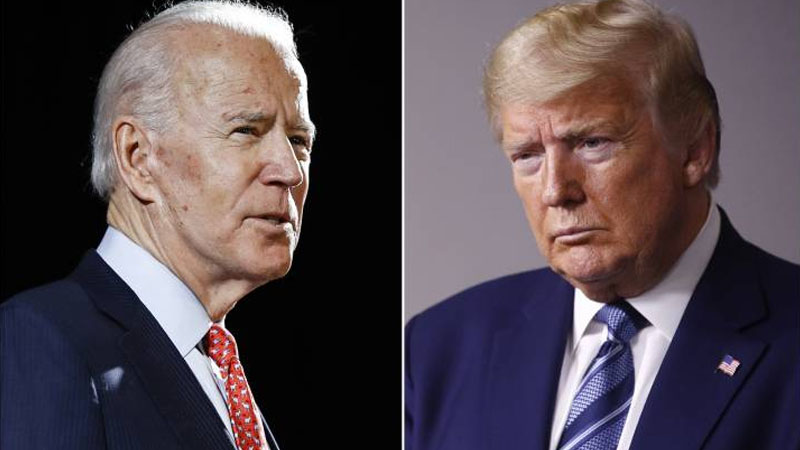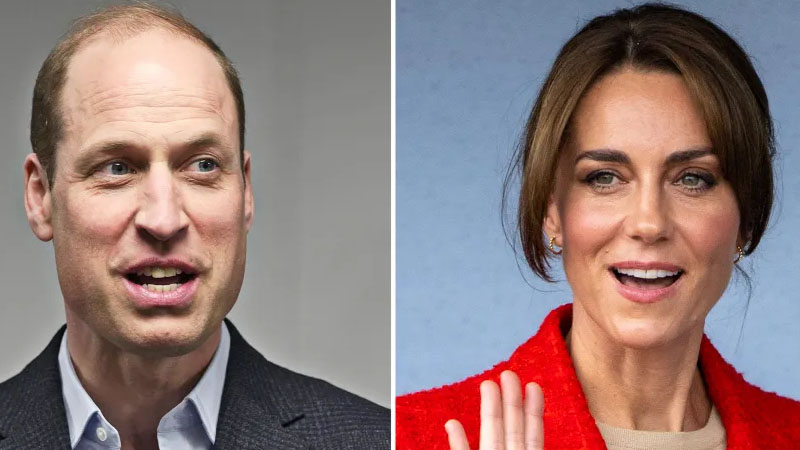Trump’s Conviction Boosts Support Among Some Voters, Survey Finds

Source: CNN
A recent survey conducted by Emerson College, as reported by Mediaite indicates a surprising trend in voter sentiment following Donald Trump’s recent conviction on multiple felony counts. Contrary to expectations, more than a quarter of voters expressed an increased inclination to vote for the former president in the upcoming election.
The survey data reveals that 27% of voters are now more likely to support Trump after his conviction in the Manhattan hush money trial. However, the impact of this conviction varies significantly across different segments of the electorate. While one-third of voters stated that the conviction makes them less likely to vote for Trump, 40% indicated that it has no influence on their decision.
Notably, the reaction among party lines is stark. Over 50% of Republicans reported that Trump’s conviction makes them more likely to support him, suggesting a rallying effect within his base. In contrast, among independent voters, opinions are more divided, with 21% indicating increased support for Trump and 38% leaning away from the Republican ticket due to the conviction.
Despite the headlines, Trump’s overall support remains unchanged at 46%, consistent with previous months. However, President Joe Biden has seen a slight uptick in support, rising to 45% in the latest survey.
Third-party candidates appear to have a minimal impact on the race, with Trump’s support dropping by only 2% and Biden’s by 7% when including candidates like Robert F. Kennedy Jr. and Jill Stein in the list of options.
One significant finding from the poll is the split among undecided voters, with a 50-50 split when asked to choose between the presumptive nominees of the major parties. This suggests that a large portion of the electorate remains open to persuasion, emphasizing the critical importance of the upcoming months for both campaigns to sway these undecided voters.
As the election approaches, both Trump and Biden will need to mobilize their bases while also focusing on winning over crucial independent and undecided voters, who are likely to play a decisive role in determining the outcome.


